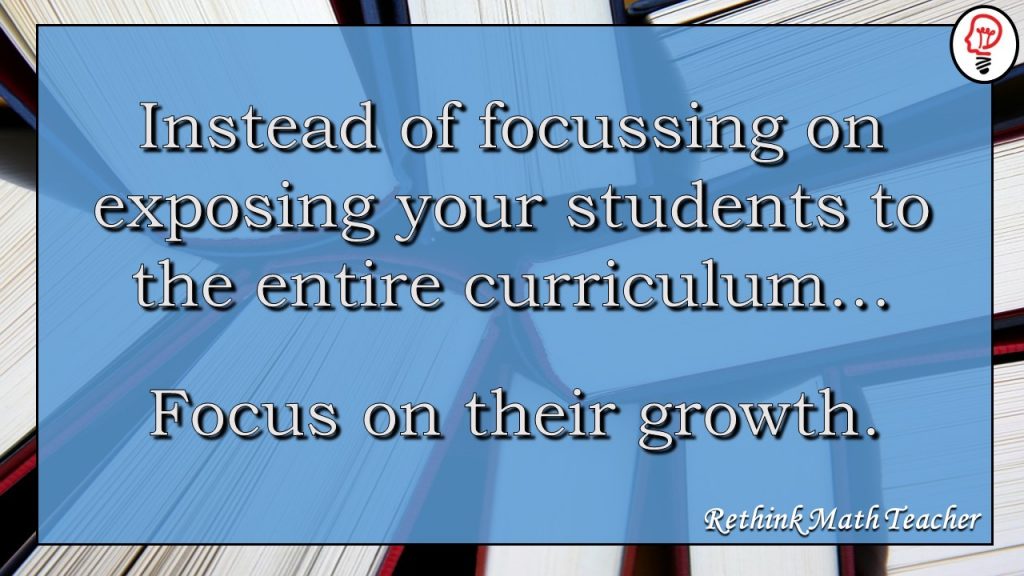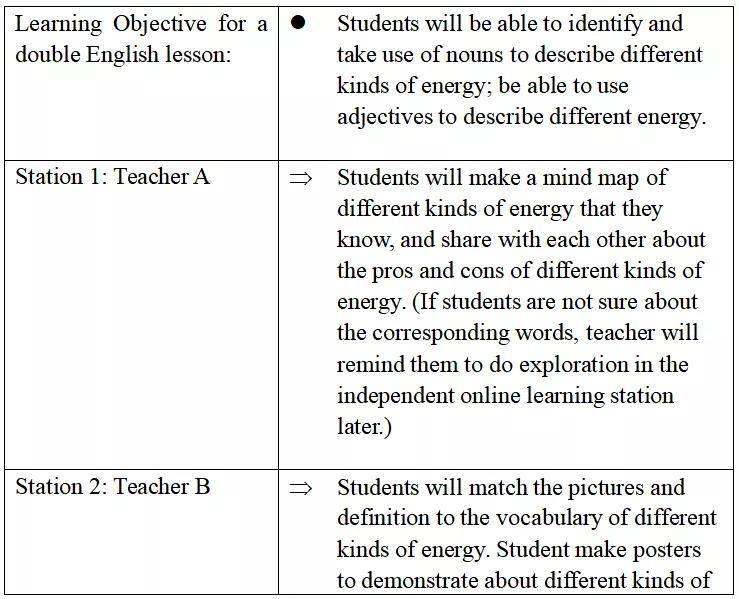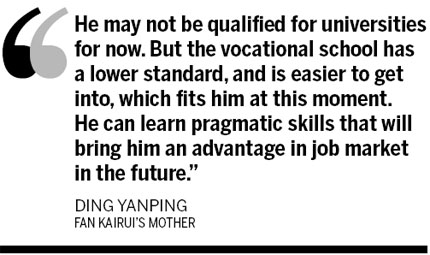Understanding the Consequences of Private Student Loan Default: What You Need to Know
#### Private Student Loan DefaultPrivate student loan default occurs when a borrower fails to make the required payments on their private student loans for……
#### Private Student Loan Default
Private student loan default occurs when a borrower fails to make the required payments on their private student loans for an extended period, typically 120 days or more. This situation can have serious financial repercussions, affecting not only the borrower's credit score but also their ability to secure future loans, rent apartments, or even gain employment in certain fields. Understanding the implications of private student loan default is crucial for anyone who has taken out these types of loans.
#### What Happens When You Default?
When you default on a private student loan, the lender may take several actions to recover the money owed. Initially, they will likely attempt to contact you for payment, but if you continue to miss payments, they may escalate their efforts. This can include sending your account to collections, which can further damage your credit score. Additionally, private lenders may pursue legal action to recover the debt, which could lead to wage garnishment or bank levies.
#### Impact on Credit Score

One of the most immediate consequences of private student loan default is the significant drop in your credit score. Payment history accounts for a large portion of your credit score, and missed payments can remain on your credit report for up to seven years. A lower credit score can hinder your ability to qualify for credit cards, mortgages, and other loans, making it difficult to achieve financial stability in the future.
#### Options for Avoiding Default
If you are struggling to make payments on your private student loans, it’s essential to take action before default occurs. Many private lenders offer options such as deferment, forbearance, or alternative repayment plans. Deferment allows you to temporarily postpone your payments, while forbearance lets you reduce or pause payments for a specific period. Contact your lender as soon as you realize you may have trouble making payments; they may be more willing to work with you than you think.
#### Recovering from Default

If you have already defaulted on your private student loans, there are still steps you can take to recover. One option is to negotiate a settlement with your lender, where you may be able to pay a reduced amount to clear your debt. Alternatively, you can consider consolidating your loans or refinancing them to secure a more manageable payment plan. It’s also crucial to focus on rebuilding your credit by making on-time payments on any remaining debts.
#### Seeking Professional Help
Navigating the complexities of private student loan default can be overwhelming. If you find yourself in this situation, consider seeking help from a financial advisor or a credit counseling service. These professionals can provide guidance on managing your debt and improving your financial situation. They can also assist you in understanding your rights and options under the law, particularly if you are facing aggressive collection practices.
#### Conclusion

In conclusion, private student loan default is a serious issue with long-lasting effects on your financial health. By understanding the consequences and taking proactive steps, you can avoid default or recover from it more effectively. Always remember that communication with your lender is key, and seeking professional assistance can provide you with the support needed to navigate this challenging situation.